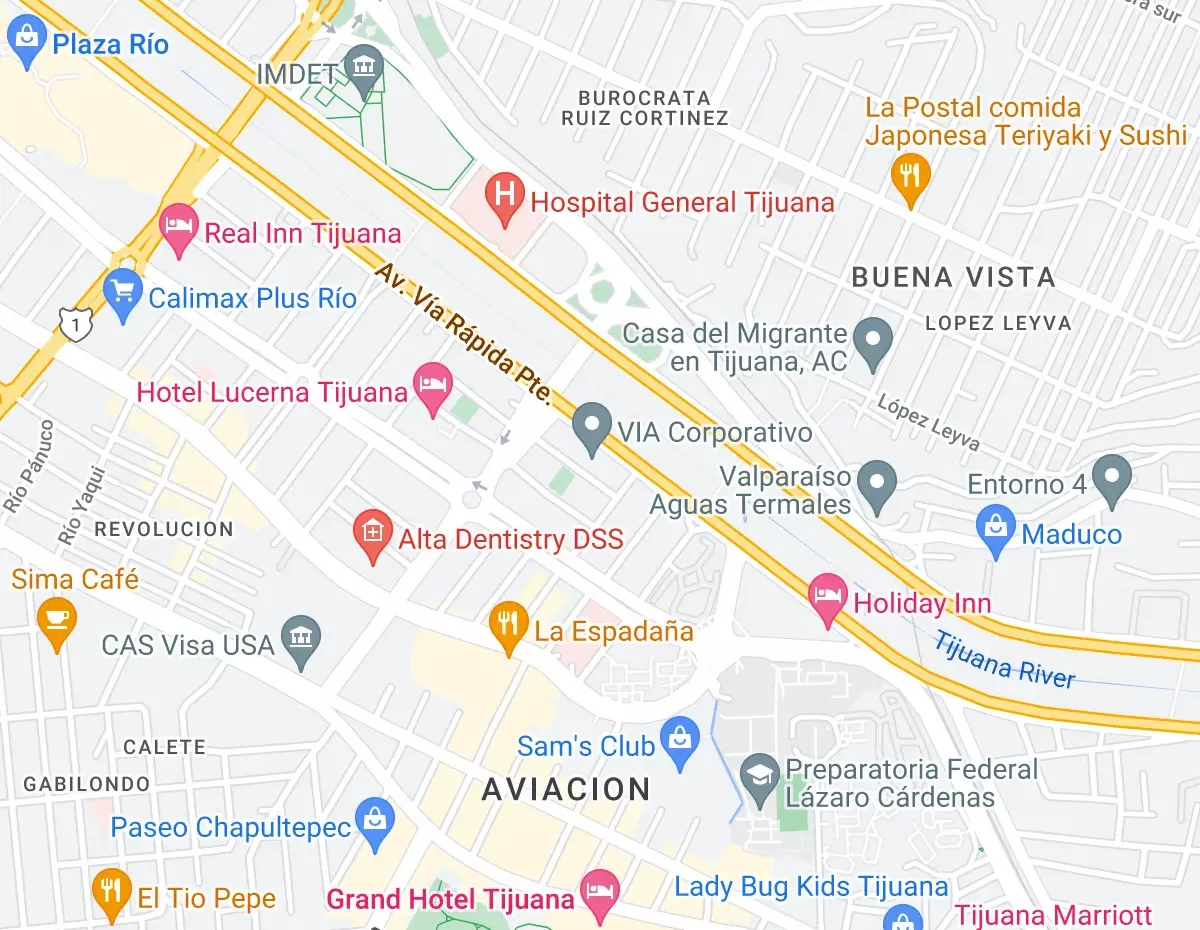You've likely heard of Ibogaine, a naturally occurring psychoactive substance, and its reputed effects on addiction. Yet, did you know it's also being studied for its potential impact on depression? It's believed to influence neurotransmitters and enhance neural plasticity, offering a unique approach to depression treatment. Still, it's not without risks, requiring careful dosage and supervision. As research continues, the question remains: could Ibogaine redefine our understanding of depression treatment? Let's explore this further.
Key Takeaways
- Ibogaine, derived from the Tabernanthe iboga shrub, has the potential to treat depression due to its psychoactive properties.
- The substance interacts with key neurotransmitters, including serotonin, dopamine, and glutamate, which play vital roles in mood regulation.
- Noribogaine, a metabolite of Ibogaine, may increase serotonin availability, a mechanism potentially beneficial for depression alleviation.
- Ibogaine could enhance neural plasticity, allowing the brain to form new connections, which is important in overcoming depressive states.
- Research on Ibogaine's long-term effects and its interaction with other substances is ongoing; thus, medical supervision is crucial during usage.
Understanding Depression: A Brief Overview
Before delving into Ibogaine's impact, it's important to understand what depression is and how it affects you. Depression is more than just feeling down or having a bad day. It's a serious mental health condition that can impact every aspect of your life. It's like living under a dark cloud, where even the simplest tasks feel overwhelming.
Depression triggers vary from person to person. It could be a traumatic event like the loss of a loved one or the stress of a job. Sometimes, there's no apparent reason. It's not something you've chosen or can simply snap out of. It's a complex interplay of genetic, biological, environmental, and psychological factors.
When it comes to treatment options, there's no one-size-fits-all approach. You might find relief through therapy, medication, lifestyle changes, or a combination. Antidepressants can help, but they're not a cure-all and can come with side effects. You may have to try different treatments before finding what works for you.
Ibogaine: An Introduction
Now, let's explore Ibogaine, a naturally occurring psychoactive substance that's piqued interest for its potential in treating various mental health disorders, including depression. Derived from the root bark of the African shrub Tabernanthe iboga, this compound has been widely recognized in ethnobotany.
Ibogaine's legality varies globally. In some countries, it's classified as a controlled substance, while in others, it remains unregulated. However, this has continued its traditional uses. Indigenous communities in West Central Africa, particularly the Bwiti tribe in Gabon, have used Ibogaine in religious and healing rituals for centuries. They believe in Ibogaine's power to cleanse the spirit and heal the body.
In the Western world, Ibogaine's potential as a treatment for mental health disorders such as depression and addiction has sparked intrigue. Though research is ongoing and its therapeutic value is yet to be fully understood, many are hopeful about its potential. Remember, it's always important to consult with healthcare professionals before trying new treatments. In our next section, we'll investigate further the connection between Ibogaine and depression. Stay tuned.
The Connection Between Ibogaine and Depression
Exploring the intriguing relationship between ibogaine and depression offers insights into how this unique compound could influence the mechanisms underlying this widespread mental health disorder.
Ibogaine is a naturally occurring psychoactive substance from certain plants. Its potential as a treatment for depression is drawing more interest, despite the complexities associated with its use.
Here are four key points to consider:
Ibogaine's Effect: Ibogaine has shown potential in some cases to alleviate depressive symptoms, providing a glimmer of hope.
Regulatory Environment: The regulatory landscape for ibogaine varies, affecting its availability for medical purposes across different regions.
Application in Addiction Treatment: Notably used in addiction treatment, ibogaine is recognized for its ability to reset drug-affected brain pathways, which may also play a role in alleviating depression.
Weighing Benefits and Considerations: The potential of ibogaine treatment must be carefully weighed, considering the complex nature of its effects on the brain.
How Ibogaine Affects Neurotransmitters
Diving into the heart of the matter, you'll find that Ibogaine's impact on neurotransmitters could be the key to its potential antidepressant effects. Ibogaine, a naturally occurring psychoactive substance, has a unique way of interacting with your brain.
Ibogaine metabolism in the body produces a compound known as noribogaine. This compound influences neurotransmitters, the chemicals your brain cells use to communicate. It's been found that noribogaine increases the availability of serotonin, a neurotransmitter often associated with feelings of well-being and happiness. This interaction might help alleviate symptoms of depression.
What's more, Ibogaine also interacts with neurotransmitters like dopamine and glutamate, which play important roles in mood regulation. The exact mechanisms are still under research, but Ibogaine's influence on these neurotransmitters could be noteworthy.
Now, let's talk about therapeutic dosage. The quantity of Ibogaine administered can significantly affect its impact on neurotransmitters. Too low a dose might not produce the desired antidepressant effect, while too high a dose could lead to adverse effects. It's a delicate balancing act, requiring careful monitoring and individual adjustment.
Ibogaine's Impact on Neural Plasticity
Beyond its influence on neurotransmitters, Ibogaine's potential to enhance neural plasticity - your brain's ability to reorganize itself by forming new neural connections - could be another pivotal factor in its antidepressant effects. This process is crucial for learning, memory, and adaptation to new experiences.
Your brain on Ibogaine is like a city under construction, with new roads and connections being formed to replace old, ineffective ones. This might be a game-changer for depression treatment, offering hope where traditional methods don't always succeed.
Despite these promising effects, it's important to consider Ibogaine's safety concerns. Here are some points to take into account:
- Ibogaine can cause severe heart problems, even fatal in some cases.
- It may interact negatively with other medications or substances.
- Long-term effects of Ibogaine are not thoroughly understood.
- It's crucial to use Ibogaine under the supervision of a medical professional.
The traditional uses of Ibogaine, especially in spiritual and healing rituals, point towards its powerful influence on the mind. However, scientific understanding of how it impacts neural plasticity is still evolving. This mystery deepens our respect for this potent compound while reminding us to approach its use cautiously.
Current Research on Ibogaine and Depression
The ongoing research into ibogaine as a potential treatment for depression is increasingly important. It's essential to recognize that the regulatory environment for ibogaine varies worldwide, with some countries permitting its use for therapeutic purposes while others do not, affecting the scope of research and application.
Despite these regulatory challenges, preliminary studies and anecdotal evidence suggest that ibogaine may help alleviate depressive symptoms by affecting brain functions in novel ways. However, it is crucial to note that these studies are early, and more comprehensive clinical trials are needed to establish robust findings.
The demographics of depression are also significant in this research. Depression is a global issue, impacts people from all backgrounds. Researchers are exploring whether ibogaine's effects are consistent across various demographics, adding another layer of complexity to the studies.
While current research into ibogaine's effects on depression shows promising directions, it is still in the preliminary phases. The scientific community is not yet at a stage where it can definitively endorse ibogaine as a reliable treatment for depression. Updates on this research are anticipated as studies continue.
Potential Future Directions for Ibogaine Therapies
Given all we've discussed about Ibogaine's potential role in depression treatment, let's now turn our attention to possible future directions for this intriguing therapy. The current state of Ibogaine legality and treatment protocols varies globally, and this landscape will likely influence the future of Ibogaine therapies.
Consider the following potential directions:
- Expanded Clinical Trials: As the global community becomes more aware of the potential benefits of Ibogaine, we could see an increase in clinical trials. These may deepen our understanding of its effects on depression.
- Standardization of Treatment Protocols: Currently, protocols for Ibogaine treatment vary widely. Working towards standardization could improve patient safety and treatment efficacy.
- Legalization and Regulation: While Ibogaine is illegal in some countries, a shift towards legalization and regulation could make this therapy more accessible to those in need.
- Psychotherapy Integration: Combining Ibogaine with traditional psychotherapy could offer a holistic approach to treating depression.
The future of Ibogaine therapy is still unfolding, and you're part of this exciting journey. Stay curious and open-minded as we continue to unpack the science together.
Conclusion
So, Ibogaine's potential in addressing depression is indeed promising. Through its influence on neurotransmitters and enhancement of neural plasticity, it can restructure the brain, potentially alleviating symptoms of depression. It is crucial to approach Ibogaine use with caution and under the guidance of professionals. As ongoing research sheds more light on Ibogaine's role in depression therapy, we eagerly anticipate the future possibilities. Stay connected and optimistic about the advancements with New Roots Ibogaine.




